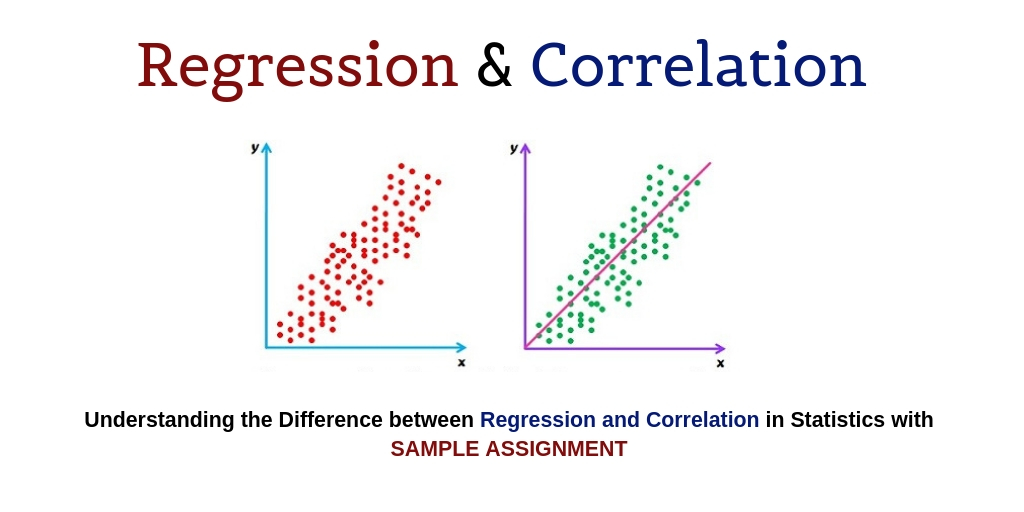
The Significance of Researching While Writing
In the realm of academic writing, researching while writing is an indispensable skill that enhances the quality and credibility of your work. Whether you are crafting an essay, preparing a research assignment, or delving into any form of academic writing, the importance of research cannot be overstated. This blog will explore the various facets of research in essay writing, the nuances of research assignments, and the overarching purpose of research writing. By understanding these elements, you can significantly improve your writing process and outcomes.
Research in Essay Writing
When it comes to researching while writing, the process begins with understanding the topic at hand. Effective research in essay writing involves gathering relevant information from credible sources, which can include academic journals, books, and reputable websites. This foundational step not only provides a solid basis for your arguments but also enriches your writing with diverse perspectives.
The Process of Researching
The first step in researching while writing an essay is to define your topic clearly. A well-defined topic allows you to focus your research efforts and avoid getting lost in a sea of information. For instance, if your essay topic is "The Impact of Social Media on Youth Mental Health," you should narrow it down further to specific aspects, such as "The Role of Instagram in Body Image Issues Among Teenagers." This specificity will guide your research and help you find relevant studies and articles.
Once you have a clear topic, the next step is to identify credible sources. Academic databases like JSTOR, Google Scholar, and university libraries are excellent starting points. These platforms provide access to peer-reviewed articles, research papers, and books that can substantiate your arguments. It’s crucial to evaluate the credibility of your sources by considering the author's qualifications, the publication date, and the publisher's reputation.
Integrating Research into Your Writing
As you gather information, take detailed notes and organize your findings. This will make it easier to reference your sources later and ensure that you accurately represent the information in your essay. When integrating research into your writing, it’s essential to strike a balance between your voice and the voices of your sources. Use quotes, paraphrases, and summaries to support your arguments, but ensure that your analysis and interpretation remain at the forefront.
For example, if you find a study that highlights the negative effects of social media on self-esteem, you might write: "According to a study by Smith et al. (2020), excessive use of Instagram is linked to increased body dissatisfaction among adolescents. This finding underscores the need for parents and educators to monitor social media usage among youth." Here, you are not only presenting research but also interpreting its implications.
The Role of Critical Thinking
Moreover, the act of researching while writing encourages critical thinking, allowing you to analyze and synthesize information effectively. Critical thinking involves evaluating the validity of your sources, recognizing biases, and understanding the broader context of your topic. For instance, when researching the impact of social media, consider the cultural, social, and economic factors that may influence the findings. This depth of analysis will enrich your essay and demonstrate your ability to engage with complex issues.
Research Assignment
A research assignment typically requires a more in-depth exploration of a specific topic. This type of writing demands rigorous research methodologies, including qualitative and quantitative analysis. Engaging in thorough research while writing your assignment ensures that you are not merely presenting opinions but instead backing your assertions with factual evidence.
Structuring Your Research Assignment
When approaching a research assignment, it’s essential to develop a clear research question or hypothesis. This will guide your research process and help you stay focused. For example, if your assignment is to explore the impact of climate change on agricultural practices, you might formulate a research question like, "How does climate change affect crop yields in developing countries?" This question will direct your research efforts and help you identify relevant studies and data.
Once you have a research question, begin your investigation by conducting a literature review. This involves reviewing existing research on your topic to understand the current state of knowledge and identify gaps that your assignment can address. A literature review not only informs your research but also helps you position your work within the broader academic discourse.
Methodologies in Research Assignments
Depending on your topic, you may need to employ different research methodologies. Qualitative research involves collecting non-numerical data, such as interviews, surveys, and observations, to gain insights into people's experiences and perspectives. On the other hand, quantitative research focuses on numerical data and statistical analysis to identify patterns and relationships. Understanding which methodology is appropriate for your research question is crucial for producing valid and reliable results.
For instance, if you are investigating the effects of a new teaching method on student performance, you might conduct a quantitative study by comparing test scores before and after implementing the method. Alternatively, you could conduct qualitative interviews with students to gather their feedback on the new approach. Both methodologies provide valuable insights, but they serve different purposes.
Analyzing and Presenting Findings
Once you have collected your data, the next step is to analyze and present your findings. This involves interpreting the data in the context of your research question and drawing conclusions based on your analysis. For example, if your quantitative study shows a significant improvement in test scores after implementing a new teaching method, you can conclude that the method is effective. However, it’s essential to consider other factors that may have influenced the results, such as student motivation or classroom environment.
When presenting your findings, clarity and organization are key. Use charts, graphs, and tables to illustrate your data visually, making it easier for readers to understand your results. Additionally, ensure that you provide a thorough discussion of your findings, addressing any limitations of your study and suggesting areas for future research. This not only demonstrates your critical thinking skills but also contributes to the ongoing academic conversation surrounding your topic.
Importance of Research
The importance of research in writing cannot be overlooked. Research serves as the backbone of any academic work, providing the necessary context and depth. It allows writers to engage with existing literature, identify gaps in knowledge, and contribute original insights to their field of study.
Building Credibility Through Research
One of the primary reasons research is vital in academic writing is that it builds credibility. When readers see that your work is well-supported by evidence, they are more likely to trust your conclusions. For instance, if you are writing about the effects of climate change on biodiversity, citing reputable studies and data from environmental organizations lends authority to your arguments. This credibility is essential not only for academic success but also for fostering trust with your audience.
Research as a Tool for Knowledge Expansion
Furthermore, research fosters a sense of curiosity and encourages lifelong learning. Engaging in research while writing allows you to explore new ideas, challenge existing beliefs, and expand your knowledge base. This process is particularly important in an ever-evolving academic landscape, where new discoveries and theories emerge regularly. By staying informed and engaged with current research, you position yourself as a knowledgeable contributor to your field.
The Role of Research in Critical Thinking
Research also plays a crucial role in developing critical thinking skills. As you engage with various sources, you learn to evaluate the validity of arguments, recognize biases, and consider multiple perspectives. This analytical approach is essential not only in academic writing but also in everyday decision-making. For example, when faced with conflicting information about a health issue, being able to critically assess the sources and evidence can lead to more informed choices.
What is the Purpose of Research Writing?
Understanding what is the purpose of research writing is crucial for any academic writer. At its core, research writing aims to communicate findings, share knowledge, and advance understanding within a particular discipline. It serves to inform, persuade, and sometimes even entertain, depending on the context.
Communicating Findings Effectively
Effective research writing requires clarity and precision. Your goal is to convey complex ideas in a way that is accessible to your audience. This involves structuring your writing logically, using clear language, and avoiding jargon unless it is necessary for your field. For instance, when writing about a scientific topic, it’s essential to explain technical terms and concepts in layman's terms to ensure that your audience can follow your arguments.
Contributing to Academic Discourse
Research writing also contributes to the broader academic discourse. By sharing your findings and insights, you engage with other scholars and practitioners in your field, fostering collaboration and dialogue. This exchange of ideas is essential for advancing knowledge and addressing complex issues. For example, when researchers publish their findings on public health, they contribute to the collective understanding of health challenges and inform policy decisions.
Fulfilling Academic Requirements
In addition to contributing to academic discourse, research writing fulfills specific academic requirements. Many educational institutions require students to complete research papers, theses, or dissertations as part of their degree programs. These assignments not only assess students' understanding of their subject matter but also develop essential skills such as critical thinking, analysis, and effective communication.
Conclusion
In conclusion, researching while writing is a vital component of effective academic writing. It enhances the quality of essays and research assignments, underscores the importance of research, and clarifies the purpose of research writing. By prioritizing research in your writing process, you equip yourself with the tools necessary for success in academia and beyond. Embrace the journey of researching while writing, and watch your work transform into a compelling narrative backed by solid evidence.
The significance of researching while writing cannot be overstated. It is a skill that not only improves the quality of your work but also fosters critical thinking, enhances credibility, and contributes to the academic community. As you continue to develop your writing skills, remember that research is not just a task to complete; it is an integral part of the writing process that enriches your understanding and engagement with your subject matter.









Loved reading this Blog? Share your valuable thoughts in the comment section.
Add comment